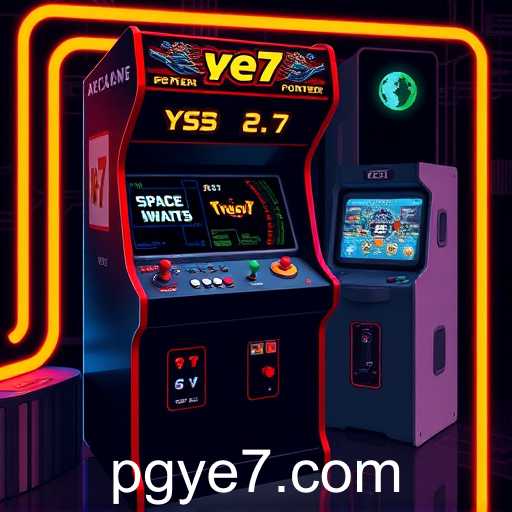In an age where cutting-edge graphics and immersive virtual experiences dominate the gaming industry, a curious yet delightful phenomenon is on the rise: the resurgence of 'Arcade Classics.' This category of games, identifiable by the keyword 'ye7' on popular gaming websites, has rekindled the fondness for simpler times. It offers a nostalgic journey back to the golden age of gaming, where skill, reflex, and persistence mattered more than high-definition visuals.
Arcade Classics refers to the iconic video games from the late 1970s to the early 1990s — titles like Pac-Man, Space Invaders, Donkey Kong, and Galaga, among others. These games were a massive part of the cultural and social fabric of the era, often found in the buzzing atmosphere of arcade halls. The fundamental allure of these games lay in their simplicity of concept juxtaposed with the complexity of mastering them.
The reemergence of these classics in the digital space is driven by multiple factors. Firstly, there's nostalgia—a powerful draw for individuals who experienced these games in their youth. The simple mechanics and enchanting soundtracks evoke fond memories and a longing for a time when gaming was a shared, often communal experience. Secondly, the retro aesthetics and pixelated graphics themselves have garnered a unique charm, trending particularly within indie game development circles.
Furthermore, the adaptation of arcade classics for modern platforms—ranging from consoles to smartphones—has opened these cultural jewels to new audiences. Younger gamers, initially engrossed in modern titles, are discovering the challenging, yet rewarding nature of these pioneering games. Developers have also begun to remaster or reform classic favorites, ensuring they are accessible to current and future generations with enhanced graphics and additional features, all the while preserving the core gameplay that made them legends.
The cultural significance of Arcade Classics extends beyond mere gameplay. Many contemporary games draw inspiration from the mechanics and design principles of these formative works. In essence, the legacy of arcade classics is evidenced by their continued influence in game design and development.
Despite technological advancement, the core experience of Arcade Classics remains timeless. Gamers are continuously drawn to the competitive edge and the thrill of setting a new high score, aspects that defined the arcade era. As long as there are players who appreciate the beauty of straightforward, yet thoroughly engaging gameplay, Arcade Classics will remain a cherished category. With the keyword 'ye7,' enthusiasts and newcomers alike can easily delve into this nostalgically packed world on digital platforms, ensuring these classics receive the attention and reverence they deserve in the contemporary era.








